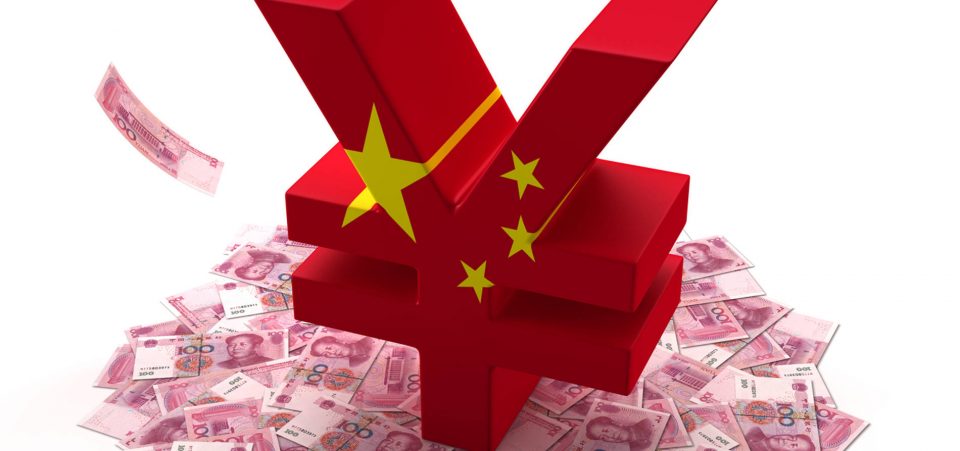The Yuan Could Become the World’s Next Safe-Haven Currency
Quietly, as the U.S. presidential race distracted the world, China achieved an important milestone. In October 2016, China increased its international weight. It has become an full-on global power, and it will start to shake the world order, including in monetary terms.
Indeed, the yuan, China’s currency, was inducted into the basket of reserve currencies that comprise the International Monetary Fund’s (IMF) Special Drawing Rights (SDR). The Chinese yuan has joined a small club that has so far only admitted the U.S. dollar, the euro, the Japanese yen, and the British pound. In other words, the IMF will be able to lend out money in yuan. It’s the first currency to be added to the IMF’s SDR basket since the euro. (Source: “China’s Yuan Just Joined An Elite Club Of International Monetary Fund Reserve Currencies,” Fortune, October 2, 2016.)
It might take long, but the yuan could one day become a haven currency of choice. The U.S. dollar and the euro have been in decline since the 2008 financial crisis. (Source: “Why China’s yuan is poised to be the next global super-currency,” South China Morning Post, November 7, 2016.)
China is creating the conditions for this dominance to materialize by spreading its wings. While China’s currency elevated its global financial status, China also showed off its growing geopolitical muscle. In October, China participated in anti-terrorism exercises with Saudi Arabia and Tajikistan along the Tajik-Afghan border. It suggests that the Saudis, a U.S. ally, are concerned and impressed enough by China to engage Beijing. Meanwhile, China also flirted with another traditional U.S. ally, the Philippines.
In October, Philippine President Rodrigo Duterte went to Beijing. It was the first-ever formal state visit for a Philippine president to China. Duterte has been challenging his country’s traditional relationship with the U.S., which was over 70 years in the making. Now Manila wants much more cooperation with, and possibly protection by, China.
China and Russia share the same point of view on the situation in Iraq and Syria. Last August, China organized a meeting with Afghanistan, Pakistan, and Tajikistan to develop a common strategy against terrorism in Asia. China is also building a naval base in Djibouti. All this indicates that China wants to be, or at least appear to be, a global power. It’s no longer satisfied with being a regional power.






